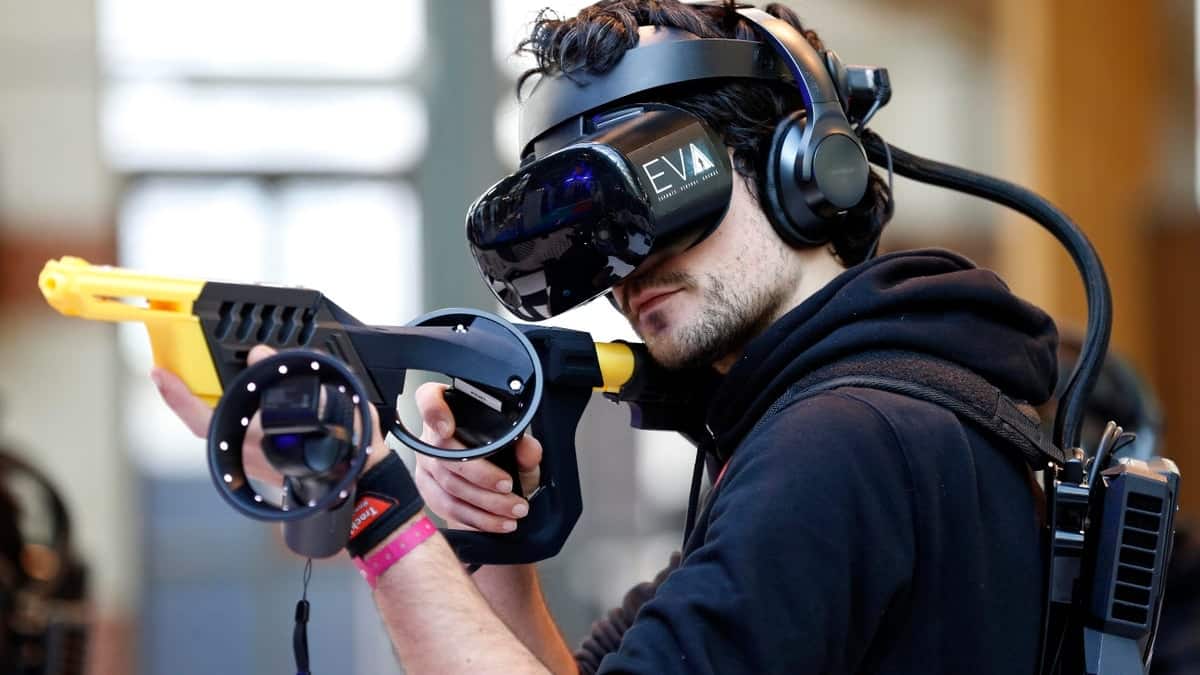Video games have certainly come a long way. From the humble origins of Pacman to the mind-blowing achievements of Red Dead Redemption 2, it is almost beyond belief that so much has occurred in such a short space of time. The real question now is where gaming will be ten years in the future. It might seem like a simple question at first, but the reality is far more complicated. After all, technology is not something that can keep advancing forever.
Something like the online pokies NZ offers are likely to stay popular forever, without having to change much at its core. With video games, however, innovation is necessary to keep a demanding fan base satisfied. This means that change is expected, or else the industry is likely to suffer a collapse. But where can gaming go that will satisfy increasingly high expectations?
This is a question that numerous video game companies are likely asking themselves.
Technology Innovation
It seemed like virtual reality would be the key to whole new era of gaming, and in some regards that goal has come to pass. But VR technology has not taken off like many assumed it would. As impressive as VR is the systems are severely hindered. Not only is a headset still very expensive, but most gamers don’t enjoy playing with a device strapped to their face. Simply put, the future is clearly not virtual reality based, though the niche does still seem to have its place.
Augmented reality sits in a similar position. Although the tech is impressive, it certainly doesn’t seem to be where the industry as a whole is headed. Average gamers aren’t that interested in shelling out a fortune for what ultimately seems to be a gimmick.
Though, it should also be noted that AR and VR are still in their infancy. With some tweaks, overhauls, and a drastic price decrease, the future of these technological wonders could still go somewhere unexpected.
The Artificial Intelligence Conundrum
There are few buzzwords as big as AI right now, with every company under the sun seeming to think that simply yelling the world will somehow result in sales. AI has been in games for decades, and in reality hasn’t advanced much at all in the last decade. At least as far as games themselves are concerned. In fact, most modern games don’t have particularly good AI at all.
The truth is that AI isn’t as useful in the games themselves as it is in making games. Modern games are extremely difficult to make, taking hundreds of employees many years of effort. But the time and cost is being cut back dramatically by high level AI assistance.
All in all, the future of video games is unclear. The only certainty seems to be that future advancements likely won’t be hardware technology based. Developments are for more likely to be around internal mechanics, scale, and depth. It is, after all, innovation that succeeding these days, and not short lived gimmicks.

